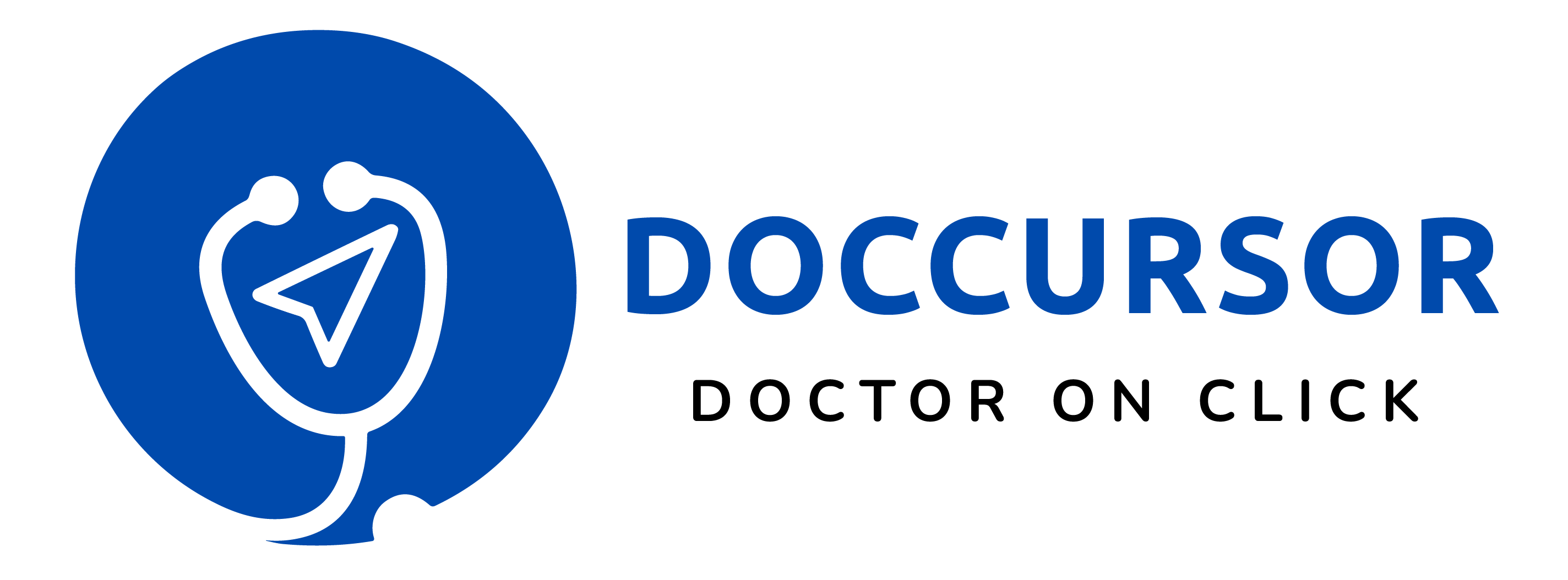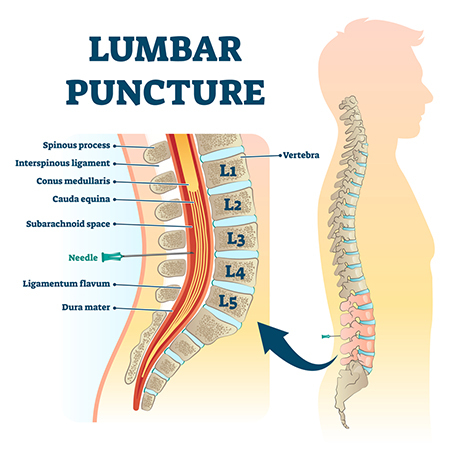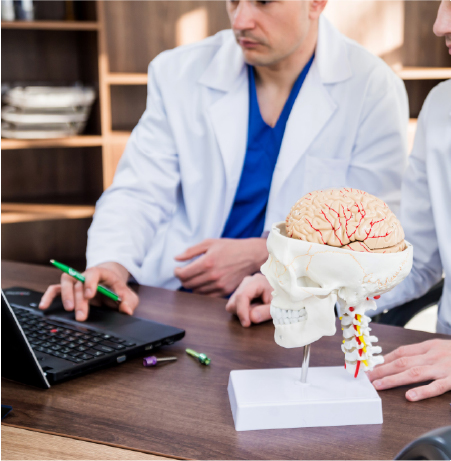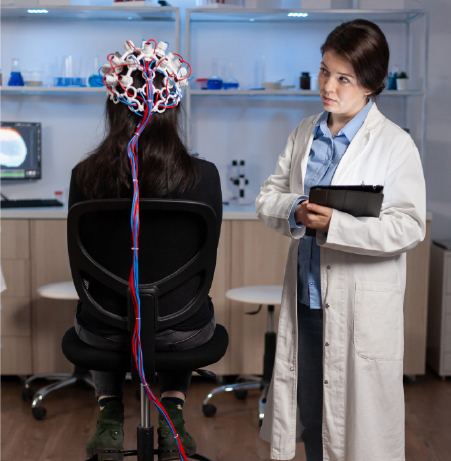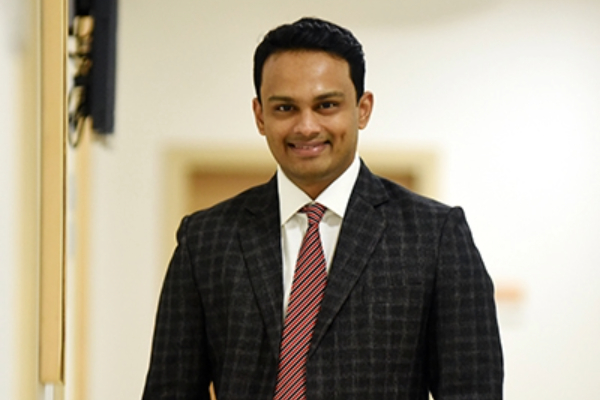Neurology
Neurology
Neurology is the medical specialty that focuses on the diagnosis and treatment of disorders affecting the nervous system, which includes the brain, spinal cord, and peripheral nerves.
Key Aspects of Neurology:
- Brain Health:
– Neurologists specialize in understanding and treating conditions that impact the brain, ranging from headaches and migraines to more complex disorders like epilepsy and neurodegenerative diseases.
- Spinal Cord Disorders:
– The spinal cord is a critical part of the nervous system. Neurologists address conditions affecting the spinal cord, such as spinal cord injuries, herniated discs, and spinal cord tumors.
Common Neurological Conditions:
- Headaches and Migraines:
– Neurologists can provide insights and treatments for various types of headaches and migraines, helping individuals manage and reduce the frequency and severity of these conditions.
- Epilepsy:
– Epilepsy is a neurological disorder characterized by recurrent seizures. Neurologists play a key role in diagnosing epilepsy, determining its underlying causes, and prescribing appropriate treatments.
- Multiple Sclerosis (MS):
– MS is an autoimmune disease affecting the central nervous system. Neurologists work with patients to manage symptoms and slow the progression of the disease.
- Stroke:
– Stroke is a medical emergency that requires immediate attention. Neurologists are often involved in the acute care of stroke patients and provide ongoing care to manage the effects of a stroke.
Diagnostic Techniques in Neurology:
- Imaging Studies:
– Techniques such as MRI (Magnetic Resonance Imaging) and CT (Computed Tomography) scans help neurologists visualize the structure of the brain and identify abnormalities.
- Electroencephalogram (EEG):
– EEG measures electrical activity in the brain and is commonly used in the diagnosis and management of conditions like epilepsy.
- Nerve Conduction Studies:
– These studies evaluate the function of nerves and muscles, aiding in the diagnosis of peripheral nerve disorders.
When to Consult a Neurologist:
If you or someone you know is experiencing symptoms such as persistent headaches, seizures, memory loss, or any unusual changes in motor function or sensation, it’s crucial to consult with a neurologist. Neurologists can conduct thorough evaluations, order appropriate tests, and develop treatment plans tailored to the individual’s needs.
Holistic Neurological Care:
Neurological care often extends beyond medical treatments, incorporating rehabilitation, physical therapy, and lifestyle modifications to improve overall quality of life for individuals with neurological conditions.
